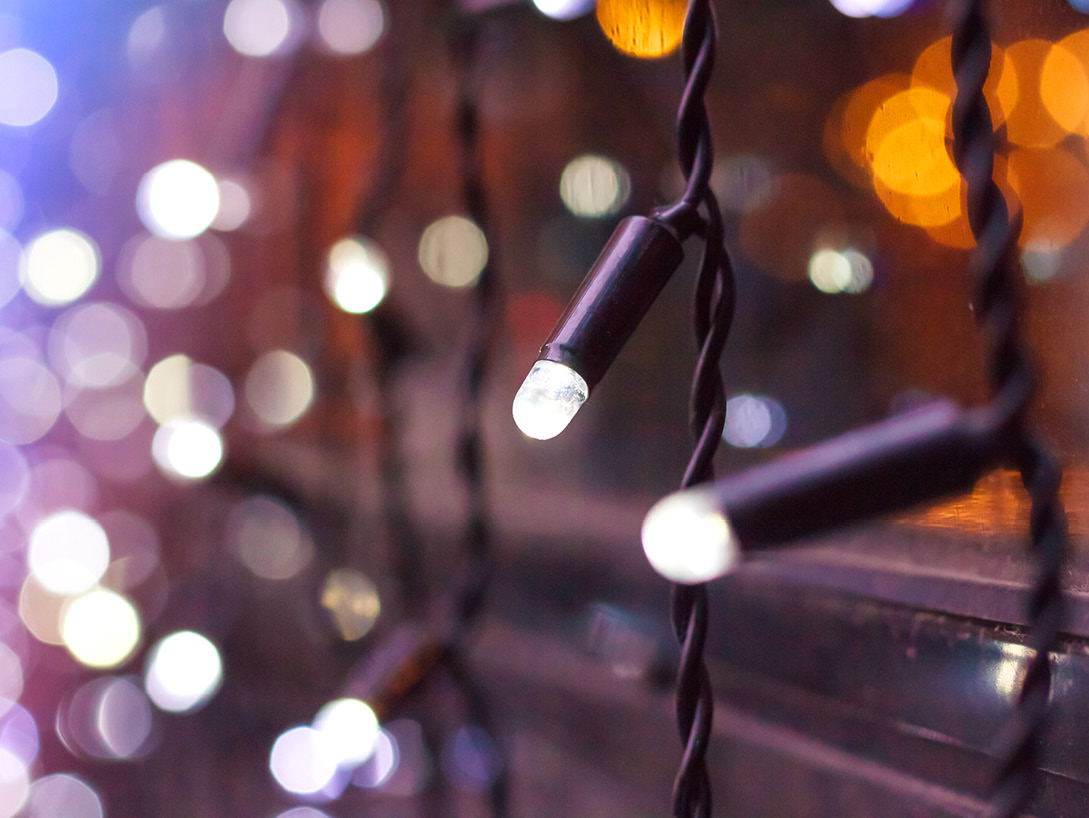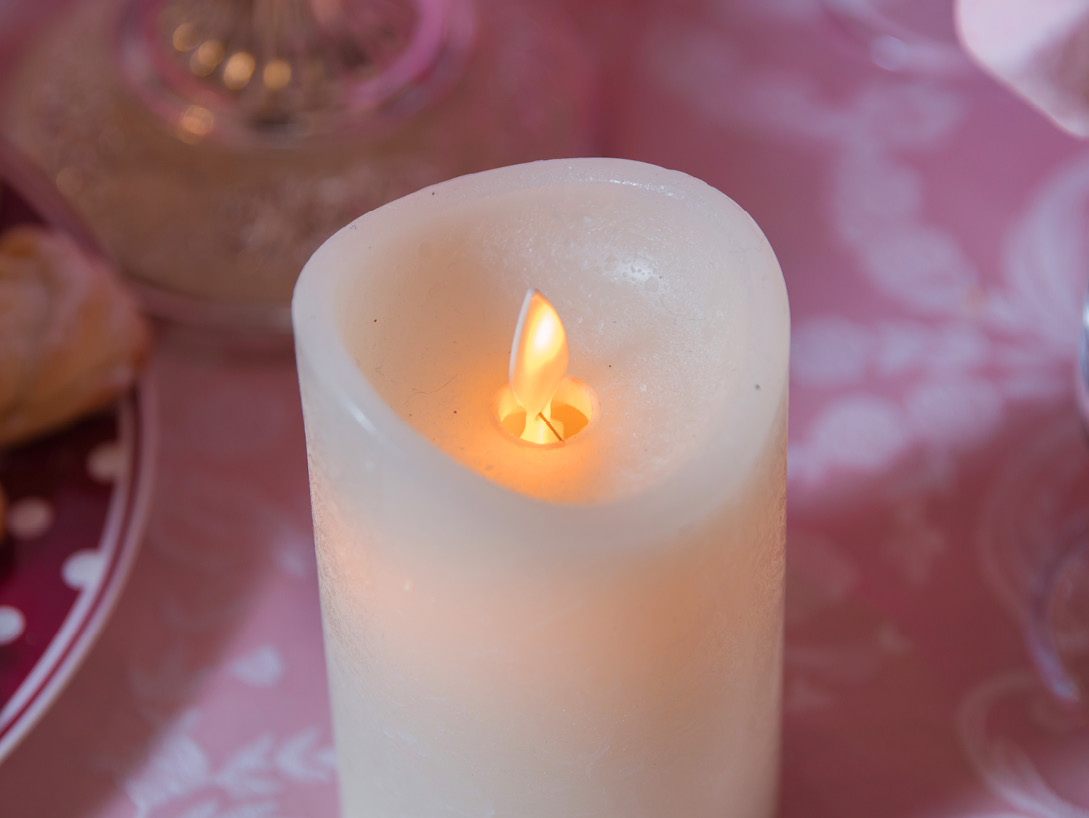Eco-Friendly Ways to Decorate with Holiday Lights
Now is the time to of year decorate with holiday lights, which can be festive, but also uses a good deal of electricity. According to the Department of Energy, the strings of holiday lights we put up burn up to six terawatt-hours yearly, or the amount of power that 500,000 homes consume in one month. These wattage hours are costly for our planet and homeowners. You don’t have to be a Grinch or eschew holiday lights completely to be more eco-friendly and more mindful of your energy use. Try these eco-conscious options.
Get LED lights
You can put up LED lights instead of traditional incandescent ones, for example, to use 90 percent less energy. LED string lights come in several options: outdoors, indoors, white bulbs, colorful bulbs, small bulbs, and big bulbs.
LED lights are long-lasting and will shine at its full brightness for about 50,000 hours, or more than five and a half years if left on all day. (After 50,000 hours, their brilliance can drop down to 70 percent of their original brilliancy.) Incandescent bulbs can fail after just 1,000 hours, so you will need to buy new ones more quickly.
LED bulbs are also a safer option. They are less likely to overheat or catch fire because they produce a minimal amount of heat and are cool to the touch, unlike traditional incandescent bulbs.
Use a timer
You can reduce your energy use if you utilize a timer for your holiday lights. New string lights often have built-in timers, so you can set them and forget them and not worry about accidentally leaving your lights on for additional hours.
If your lights don’t have a timer, you can use a separate remote. There are outdoor timers with dusk to dawn photocell light sensors that will automatically turn your lights on outside right before dark, and off just before morning. You can choose how long you want your holiday lights on with some timers too. Many varieties come with a remote-control unit so you can operate your outdoor lights even from inside.

Go solar
Solar-powered string lights aren’t plugged into an outlet, but instead draw energy from a solar panel. The solar panel must be placed in a sunny spot several hours a day for the lights to power on at night. The pluses to solar-powered lights are that they are unlikely to cause a fire, cost nothing to run, and they don’t require an outlet or an extension cord. In some cases, it will be easier to decorate your house or an object further away from your home, such as a tree, when you don’t have to plug lights in.
There are some drawbacks to solar-powered strings of lights—if there is a cloudy day or you don’t choose an optimal location for the solar panel, your lights might not turn on or won’t stay lit for very long.
DIY it
A cute and eco-friendly way to cut down holiday power needs is to use rechargeable votive candles. You can operate these faux flickering lights via a remote control and recharge them in their own base. Place these tealights in mason jars to give a welcoming glow to walkways and windowsills.

Recycle them
If you decide to purchase new lights this year, don’t toss your old ones. Your township or municipality might recycle them for you; some big-box stores and online retailers offer coupons and incentives this time of year for trade-ins of incandescent holiday lights for more energy-efficient options.


















